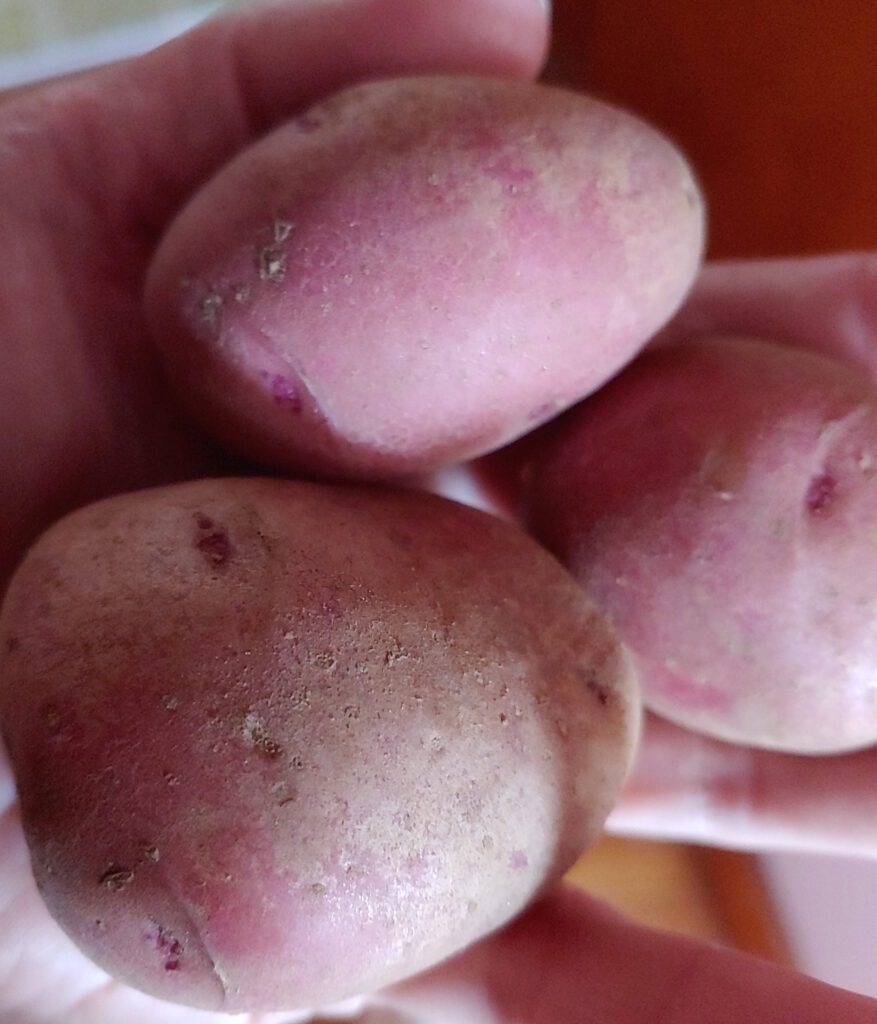Two things I ask of you; do not deny them to me before I die:
Remove far from me falsehood and lying;
Give me neither poverty nor riches; feed me with the food that I need, or I shall be full, and deny you, and say, “Who is the Lord,” or I shall be poor, and steal, and profane the name of my God. Proverbs 30:7-9, NRSV
It’s so tempting to embellish, fail to correct a false assumption, or misrepresent myself. It’s not often over something important, just a few little adjustments here and there to the real and the true. Is this life I’ve been given not enough? Of course it’s enough. Then why the temptation to lie?
Am I wise enough to ask God for a life that brings my daily bread – enough resources to sustain and nourish but not enough to waste? Maybe, maybe not.
Years ago, I found this in a bookstore in Newburyport. It’s been hanging in my kitchen ever since. I suspect the proverbial request is a plea to God to be on the good side of this sentiment…





